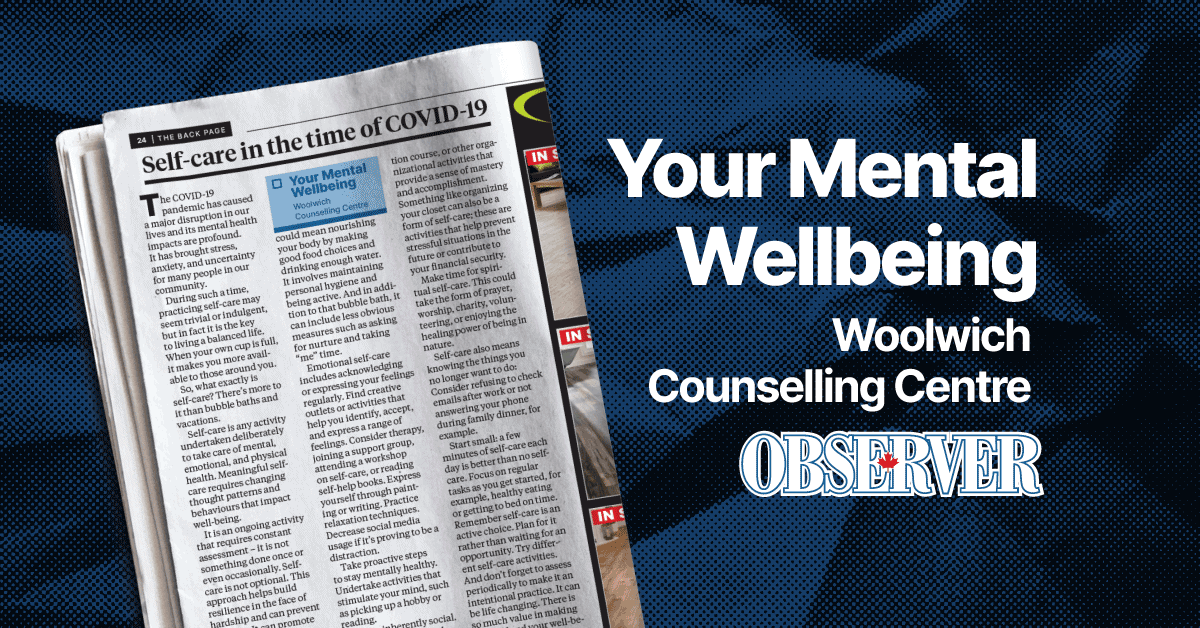;
;
;
Next Article
Sippel, Audrey Elaine

As we come to the end of the year, many of us look back with thankfulness for all the blessings we experienced. Even for those of us who faced hardship or loss this year, practicing gratitude – as difficult as this can be in the moment – can help improve mental health. What does it […]
Last updated on May 03, 23
Posted on Dec 22, 22
2 min read
